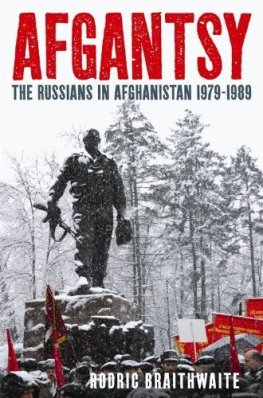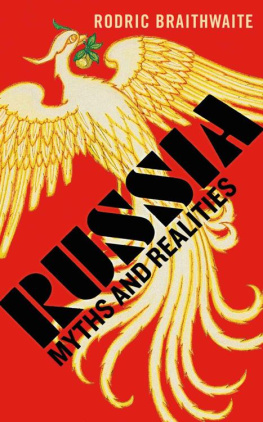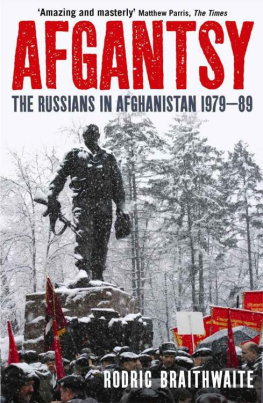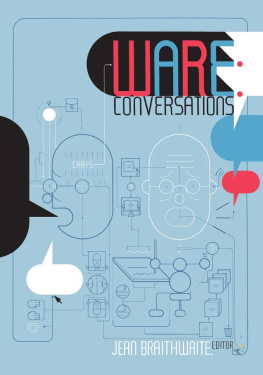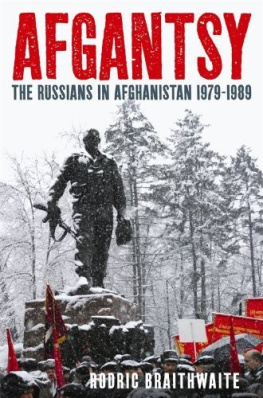Chapter
One
M Y VISIT TO SOUTH Africa really began the moment the huge Boeing 747 lifted off the tarmac at Londons Heathrow airport and shuddered its way into the darkening sky. From that moment, my section of the lower rear cabin was transformed into a separate little world peopled by an impromptu, noisy mix of British, Americans, Swiss, Germans, South Africans, a few French, and me.
I sat watching and listening, especially to the emigrants. They were all British, suspended between the certainty of having finally discarded a familiar way of life and the uncertainties toward which they were being inexorably propelled. They were all young, aged between eighteen and thirty, and seemingly ill at ease as they recited the litany of troubles which had precipitated their decisions to leave Britainthe skyrocketing cost of living, restrictions on heating, lighting, and gasoline, the excessive cost of mortgages, strikes, competition with Blacks for jobs, and the inclement weather.
Were doing it mainly for the children was the excuse most frequently exchanged between them. I wondered why they found it necessary to make excuses for the decision to make a change, especially one so exciting and adventurous. The children, for their part, were soon running up and down the aisles and in and out of the toilets, happily unaware of the role they played in their parents momentous decision.
At Nairobi, our first stop on African soil, some of the passengers departed and were replaced by British and South Africans linking up with us from other routes. All white. Not another black face in sight.
The other travelers had something else in common. They were all, in varying degrees, pleased and excited to be going or returning to South Africa. I was odd man out, wrapped in layers of uncertainty and apprehension, wondering whether and for how long I would be able to stay in an environment which would deliberately seek to humiliate and degrade me.
My fellow travelers knew the good life or anticipated a better one. Would any of them be able to understand my decision to expose myself voluntarily to a social order which would not only deny my humanity, but claim divine guidance and support for doing so? Ever since leaving the London airport, I had not exchanged a single word with anyone but the stewards, and then only in response to queries about meals. Was this a foretaste of what lay ahead?
Since boyhood in Guyana I had heard stories about horrors of life for Blacks in the gold, diamond, and coal mines of South Africa, and the cruel oppression they suffered at the hands of their European conquerors. I remember hearing about Blacks working deep in the bowels of the earth, day after day, ill-fed and poorly paid, completely at the mercy of the Whites who tyrannized and bullied them. Floods and cave-ins had trapped hundreds of these Blacks, and only token rescue efforts were made; their fate was of little consequence because they could so easily be replaced.
We talked of these things, my boyhood friends and I, happily ignorant of the grimmer realities, safe in our freedom to move and speak, to see and learn, our discussions of the plight of our faraway black brethren hardly more than an academic exercise. In Guyana, the men who worked the gold, diamond, and bauxite deposits were called miners, but they all worked above ground, not like moles burrowing deep out of sight. The gold and diamond miners usually worked their own claims, each hoping for the one big strike which would lift him overnight from penury to riches, meanwhile scratching a bare living from the reluctant earth. The bauxite miners worked for the Bauxite Company, balancing precariously between negotiations for better conditions and threats of a strike.
It was hard for my friends and me to take in the horror stories of long lines of ragged black men led docilely to and from the deep pits each day, under the cruelly watchful eyes of armed white guards. Why did they not turn on their oppressors the same way the Guyana sugar plantation workers sometimes did when the burden of long laborious hours with poor pay became unbearable? Blissfully young and arrogantly uninformed, we blamed the South African Blacks for being too timid and boasted among ourselves of what we would have done in similar circumstances.
As I grew up, it seemed that each successive South African Government instituted new and more oppressive laws against the black population, who seemed more and more resigned to their fate, or more and more helpless to change it. I met African Blacks for the first time during my student days in England. Though none of them was from South Africa they seemed well informed about life in the Republic and excited my imagination with horror tales of white-settler inhumanity to the native Blacks. As they told it, the whole sorry business began with the establishment of a Dutch East India Company Trading Station at Table Bay and some mutinous personnel who later settled there as free farmers. Slaves from other parts of Africa were shipped there to help in the development of the settlement but were rigidly segregated, being denied even the right to wear shoes. As the settlement developed, the settlers or trekboers pushed into the interior, seizing the wide grazing grounds of the pastoral Hottentots, stealing their cattle, and killing the virtually defenseless Blacks.
Those trekboers were all Calvinists and believed that God made the white man to rule over Blacks, one friend reminded me. In fact they conceived of Blacks as being little more than animals. They would hold shooting competitions, with prizes going to the men who, in a stipulated time, killed the largest number of Blacks. Proof of a kill was the severed penis of a male or two breasts of a female. Nothing new. The British did the same thing when they colonized Australia and Tasmania.
Nothing has changed. Nothing, he said. Sure, Blacks in South Africa wear shoes nowadays and are not arrested for smoking in the street. Theyre even allowed to work in offices or on building sites beside white men. But that means nothing. Whites still think the Blacks are animals. True, theyre not shot for bounty like in the old days. Nowadays Blacks who step out of line are quickly arrested. The lucky ones are sent to jail; the others simply disappear.
For what crime? I asked. My friend evidently had a flair for dramatic overstatement.
Crime? If youre black in South Africa thats the crime. Everything else is merely supporting evidence. To look a white man in the eye is a crime. To object when he abuses you is a crime. Everything you do is a crime. The State says so and the Church agrees.









